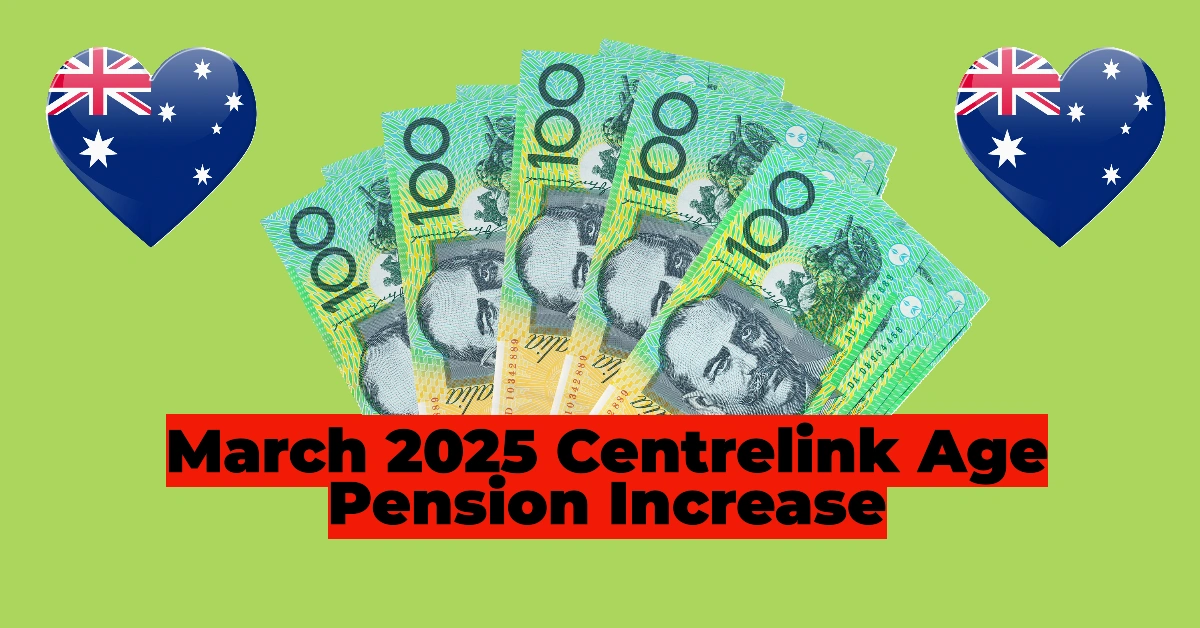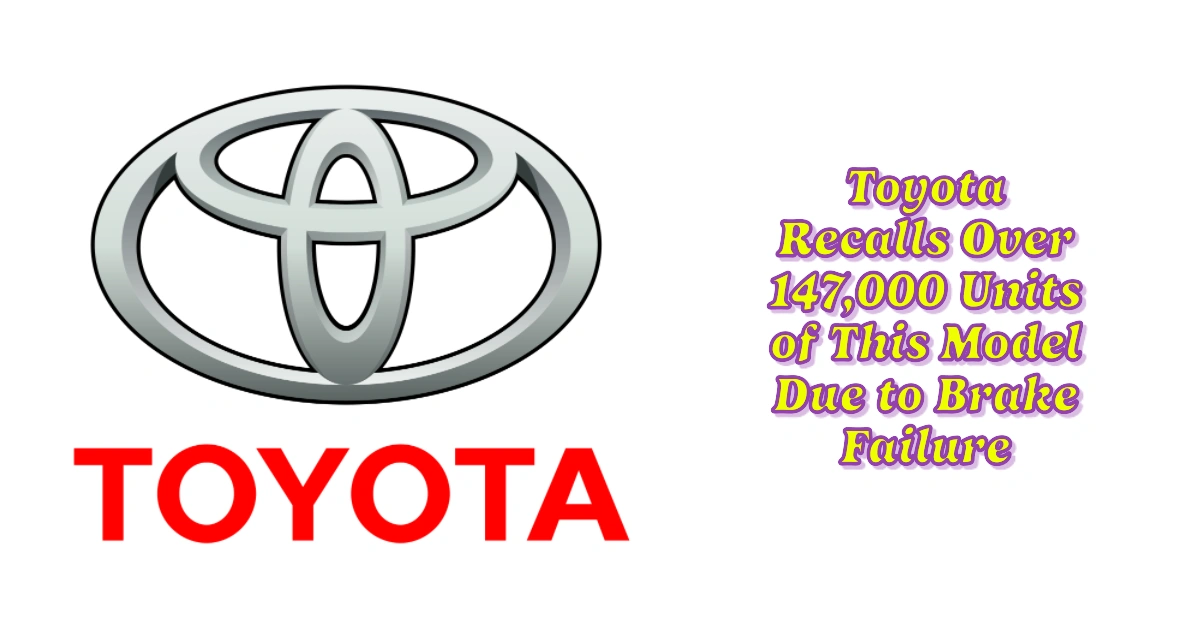If you were among the nearly 19 million working Canadians expecting a $250 cheque from the Liberal government in the new year, it’s time to put those plans on hold. Sources indicate that Finance Minister Chrystia Freeland has decided to scrap the “Working Canadians Rebate” program, initially estimated to cost $4.68 billion.
Table of Contents
Why Was the $250 Rebate Cancelled?
The Liberal government’s original plan aimed to provide $250 cheques to Canadians who worked in 2023 and earned less than $150,000. However, the measure failed to secure sufficient parliamentary support.
While the New Democratic Party (NDP) supported the GST holiday that launched in December, NDP leader Jagmeet Singh opposed the rebate unless it included seniors, people with disabilities, and injured workers. A similar stance from the Bloc Québécois and budget constraints added further pressure. Expanding the rebate program to meet these demands could have increased the cost by $2 billion.
An anonymous source close to the discussions revealed that the government faced challenges staying within fiscal boundaries, ultimately leading to the rebate’s cancellation.
Political Tensions Behind the Decision
The rebate program was reportedly initiated by the Prime Minister’s Office (PMO) alongside the two-month GST holiday. However, it’s clear that Freeland was hesitant about the program. Observers have noted a growing strain between Freeland and Prime Minister Justin Trudeau over government spending priorities.
Freeland, visibly emotional during a recent press conference, faces mounting scrutiny. Rumors of her replacement by former central banker Mark Carney have fueled speculation of a cabinet shuffle.
A Missed Opportunity or Financial Responsibility?
The cancellation of the $250 rebate is being framed as a fiscally responsible decision by Freeland, given the estimated $60 billion deficit for 2023/24 and 2024/25—significantly higher than the $40 billion projected in the last budget. Freeland emphasized that the debt-to-GDP ratio will decline as promised, though specifics on deficit size remain unclear.
While the rebate program was intended to help Canadians cope with inflation, a Postmedia-Leger poll revealed that 70% of respondents viewed the measures as a political ploy, with only 20% believing they would provide meaningful relief.
Do Retired People Get the $250 Inflation Rebate in Canada in 2025?
Upcoming Benefit Cheque for the Canadians in First Quarter of 2025
Canada Workers Benefit 2025: Bigger Payments and Expanded Eligibility for Canadians
What’s Next for Government Spending?
Despite the rebate’s cancellation, the Liberal government plans to redirect resources toward initiatives aimed at economic growth and innovation.
- Scientific Research and Innovation
The government will invest an additional $1.9 billion over six years in the Scientific Research and Experimental Development tax incentive, along with $1 billion for the Venture Capital Catalyst Initiative to support mid-sized Canadian businesses. - AI Data Centers
A new program will allocate billions to attract investment in AI data centers. Under the plan, Canadian pension funds would be required to invest $2 for every $1 spent by the government, potentially reaching a total of $45 billion.
Final Thoughts
The reversal of the $250 rebate highlights the challenges the Liberal government faces in balancing affordability measures with fiscal responsibility. While the decision may help curb deficits, it risks further eroding public confidence in the government’s ability to address rising costs of living.








